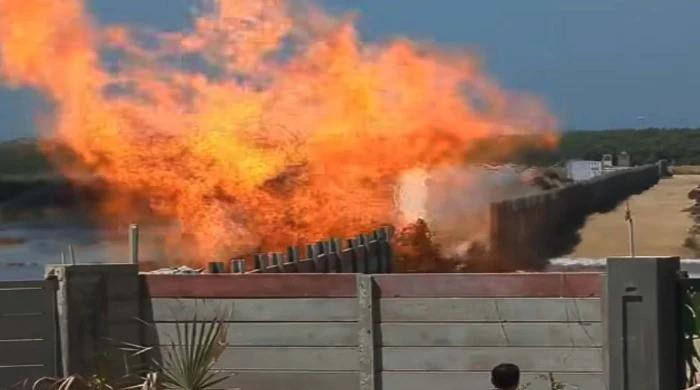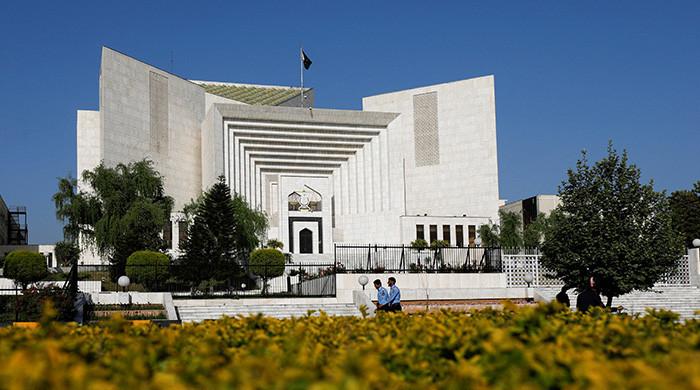The girl with unhealed wounds
Last year, 65 cases of cruelty against under-age domestic servants were reported in Punjab.
January 06, 2017
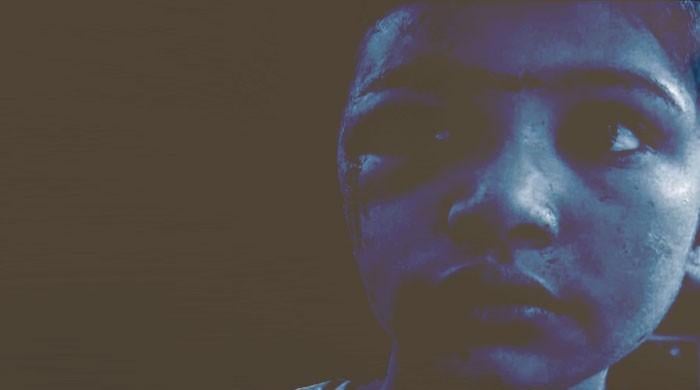
On Dec 29, disturbing images of 10-year-old Tayyaba, battered and bruised, began circulating on social media. An initial medical report by the Pakistan Institute of Medical Sciences noted swelling, burn marks and “abrasion on the right side of the face and left ear”. The details are still sketchy. But initial news reports suggest the girl working as a maid at the residence of a judge in Islamabad, was allegedly tortured by her employers after a broom went missing.
The inhumane treatment sparked a furore, drawing the attention of public airwaves, as well as the highest court in the country. On Jan. 4, Pakistan’s Supreme Court took notice, after a lower court let the judge and his wife walk. The girl’s parents, apparently, reached a financial settlement and forgave the couple. “In court, the father said that he spoke to his daughter every day,” insists Raja Rizwan Abbasi, the judge’s counsel, “she never complained.”
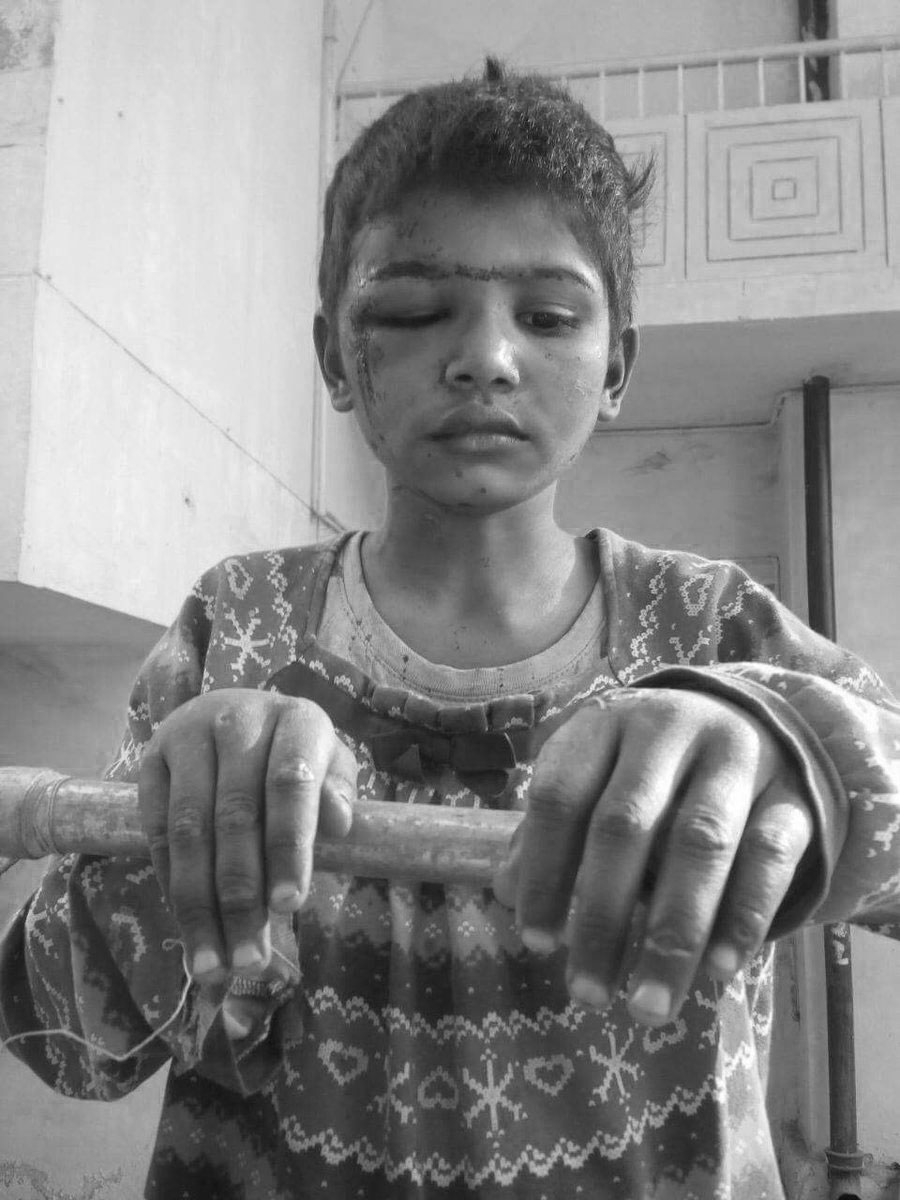
Human rights activists are not buying it. They are certain money was exchanged and intimidation tactics used to cower the hard-pressed family.
However, for Fatima Sheikh, Director General at Punjab’s Child Protection and Welfare Bureau, there is a small victory here. “This is the first time in Pakistan that a case of cruelty towards domestic help has reached the apex court,” she says. Last year, her bureau lodged 65 complaints with the local police of abuse against children who worked as servants. “Sadly,” Sheikh tells Geo News, “only eight people were fined.”
None were prosecuted. None did any jail term.
Child labour is not uncommon in Pakistan, neither is exploitation. According to a 2014 report by the International Labour Organisation, there were 264,000 child domestic workers in Pakistan. Updated figures are not available. Isolated and forced into 24-hour labour, mostly by their parents, children as young as seven-year-olds work in households where they are often beaten, abused, and underpaid.
Sheikh’s team has seen worse. In December, a nine-year-old boy was recovered in Lahore from the residence of a low-level government official. The child’s hands and feet were discoloured and swollen to twice their size after the employers punished him by pouring boiling water over them. He later told officials he was fed only once a day. Today, he is recovering in a child welfare centre.
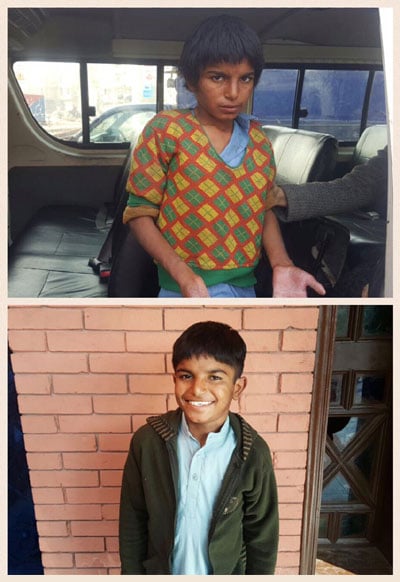
The accused, in such cases, can be prosecuted both under the Pakistan Penal Code, as well as child labour laws, explains lawyer Asma Jehangir, who is personally pursuing the 10-year-old girl’s case in the Supreme Court. Also, an amended version of the Punjab Destitute and Neglected Children Act 2004 is lying with the Chief Minister of Punjab. The new draft proposed a minimum punishment of three months behind bars for anyone convicted of cruelty to a child.
The government-run Child Protection and Welfare Bureau, set up in 2004, only began recuse missions two years ago. Last year, it recovered over 7,087 children trapped in begging, trafficking and labour, according to its internal data. A large number of cases, they admit, go unnoticed and unreported. “I think this incident in Islamabad got a lot of airtime since it involved a judge,” adds Sheikh.
As of Friday evening, 10-year-old Tayyaba and her father are still missing. In today’s hearing of the Supreme Court, the police, her family members, and lawyers remained clueless. Authorities have less than a week to find the child and present her in court.
“Once located, we will take her into our custody,” says Sheikh, “She is not safe with her parents. When people forget about this case, and the media forgets about her, the parents might send her back to work.” The young girl had worked in two houses prior to being employed by the judge.
Until the child is found and the case proceeds, little can be said about whether this would be a watershed moment for child abuse cases or not. For now, Pakistan is hoping for any news about the girl with the unhealed wounds.










